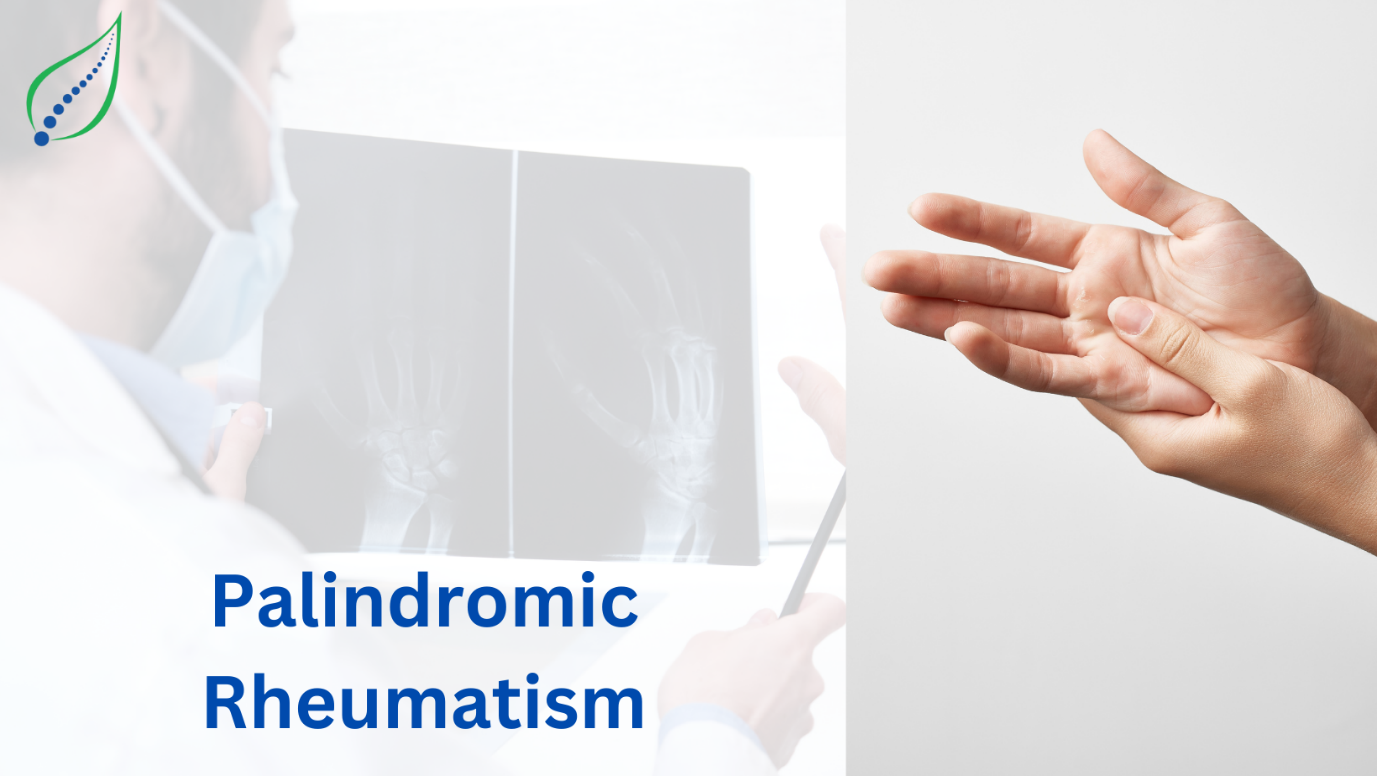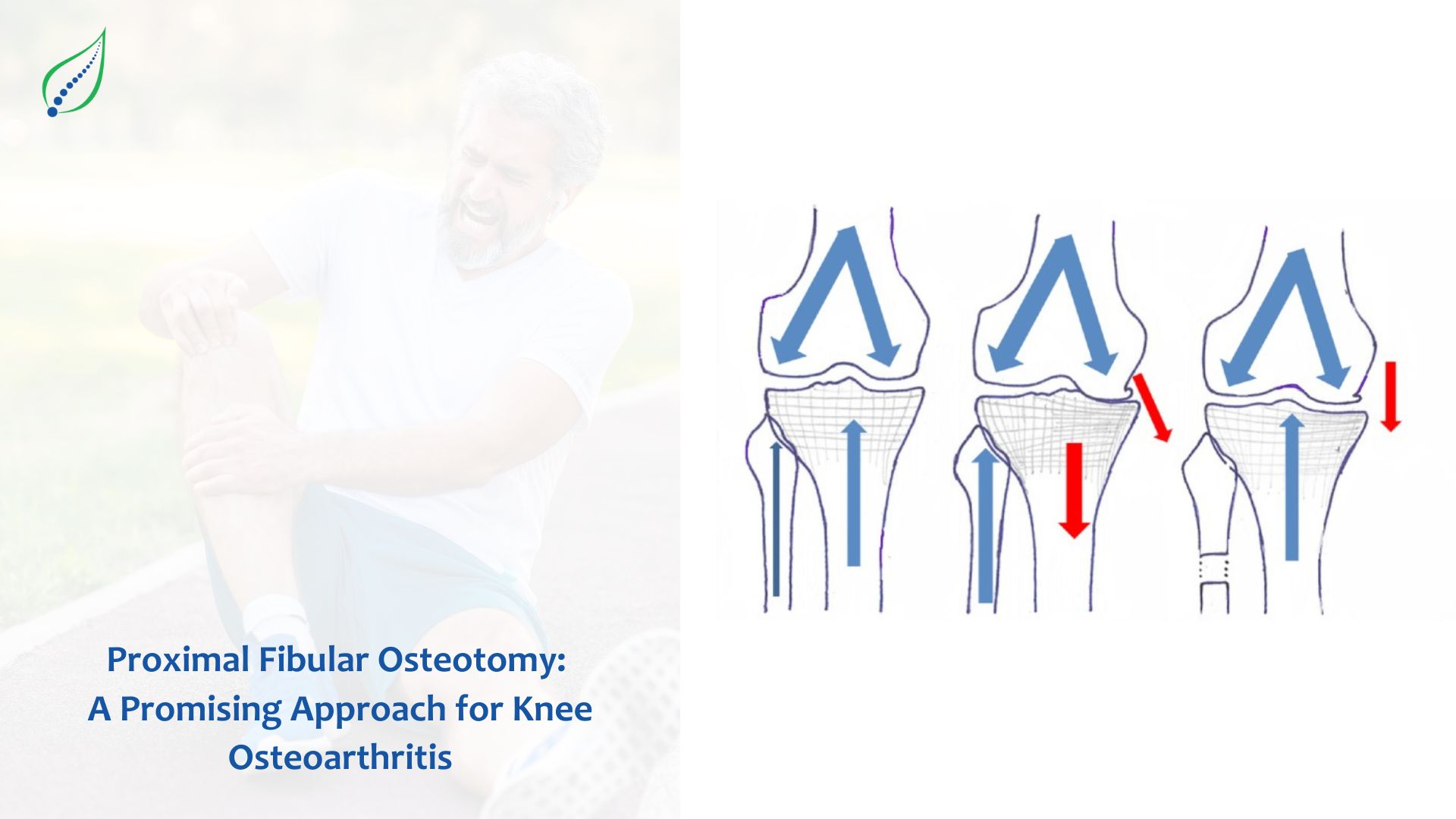Palindromic Rheumatism
Palindromic rheumatism is a form of inflammatory arthritis. It causes episodes of attacks of joint pain & inflammation. During palindromic attacks, the joint feels painful, tender, stiff, swollen & warm. These attack starts with often the small joints of the hand. The joints in between these pain episodes appear normal. Attacks of palindromic rheumatism come and go. But the pattern of attacks – how often they happen, how long they last and what joints they involve is different for everyone.
Palindromic rheumatism attacks can lead to development of rheumatoid arthritis. Likely to occur in patients positive with Anti CCP tests.
CAUSE:
- Auto immune response- Normal response to body’s injury or inflammation causes the immune system to work. Palindromic rheumatism is an autoimmune disease where your body’s immune system mistakenly attacks your joints. Inflammation causes redness, swelling and extra fluid to accumulate in and around the joints.
- Genetic factors also play a role which often triggers palindromic attacks.
DIAGNOSIS:
Blood tests- ESR, CRP levels in the blood are assessed to check if there is any inflammation within the body.
Other tests include- Rheumatoid factor, Anti CCP antibodies.
XRAY- Even though Xray’s doesn’t show any damage joints, they are done to rule out joint pathology
TREATMENT:
- Medications- NSAIDS reduces inflammation and are used to reduce pain, stiffness and inflammation during attacks.
- Rheumatoid drugs- D-MARDS (Disease modifying anti-rheumatic drugs)
- Exercise- Exercise to keep your joint healthy & maintain its mobility. Stretch & apply hot moist packs to improve joint mobility.
- Maintain a healthy diet- Eating a healthy, balanced diet with plenty of fresh fruit and vegetables is recommended for general health. Try elimination diet in cases where certain food item triggers your painful attacks.




